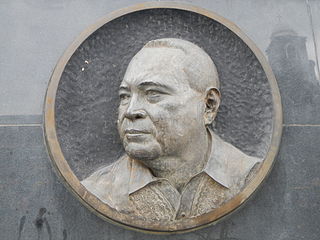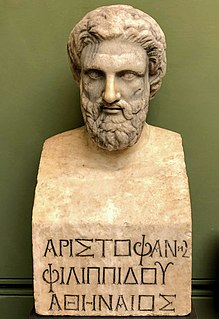A Quote by Amado V. Hernandez
The mind of a poet often performs miracles-a few coarse-grained words, apprehended become bullets and roses.
Related Quotes
To be shaken out of the ruts of ordinary perception, to be shown for a few timeless hours the outer and the inner world, not as they appear to an animal obsessed with words and notions, but as they are apprehended, directly and unconditionally, by Mind at Large-This is the experience of inestimable value to everyone.
Words too familiar, or too remote, defeat the purpose of a poet. From those sounds which we hear on small or on coarse occasions, we do not easily receive strong impressions, or delightful images; and words to which we are nearly strangers, whenever they occur, draw that attention on themselves which they should transmit to other things.
I am distinctly opposed to visibly arrogant and arbitrary extremes of government--but this is simply because I wish the safety of an artistic and intellectual civilisation to be secure, not because I have any sympathy with the coarse-grained herd who would menace the civilisation if not placated by sops.
WHEN reading my present treatise, bear in mind that by "faith" we do not understand merely that which is uttered with the lips, but also that which is apprehended by the soul, the conviction that the object [of belief] is exactly as it is apprehended. If, as regards real or supposed truths, you content yourself with giving utterance to them in words, without apprehending them or believing in them, especially if you do not seek real truth, you have a very easy task as, in fact, you will find many ignorant people professing articles of faith without connecting any idea with them.
Growing up closes so many doors. The modern world doesn't allow for miracles, so we don't see them. It's a very precious gift, an open mind, but it's not passive. You've got to nurture it like a bed of roses; otherwise it will wither and die. Make sure you don't close off your mind to things you find strange. Sometimes they may be the only truth.
There is this tendency to think that if you could only find the magic way, then you could become a poet. "Tell me how to become a poet. Tell me what to do." . . . What makes you a poet is a gift for language, an ability to see into the heart of things, and an ability to deal with important unconscious material. When all these things come together, you're a poet. But there isn't one little gimmick that makes you a poet. There isn't any formula for it.
Some things, like the orbits of the planets, can be calculated far into the future. But that's atypical. In most contexts, there is a limit. Even the most fine-grained computation can only forecast British weather a few days ahead. There are limits to what can ever be learned about the future, however powerful computers become.





































